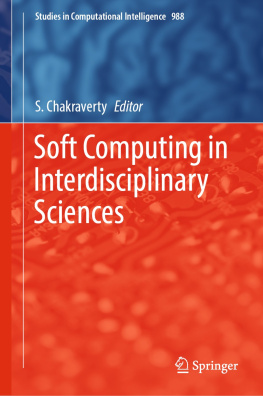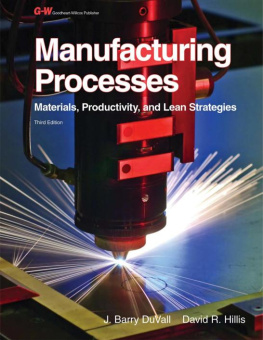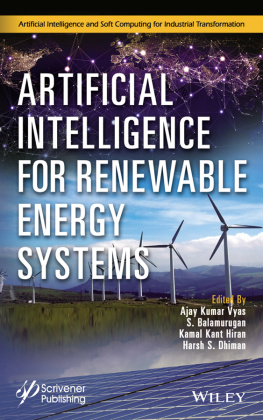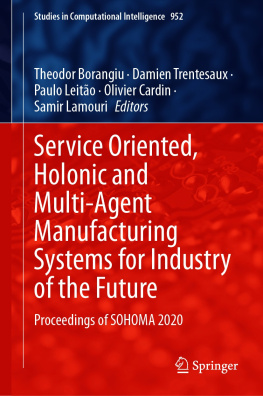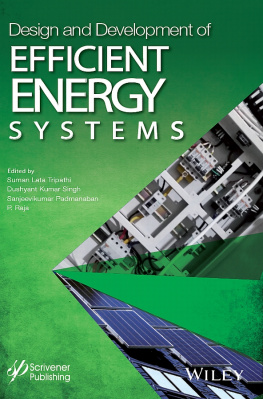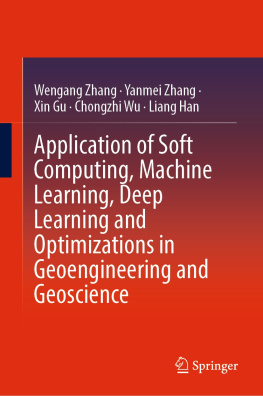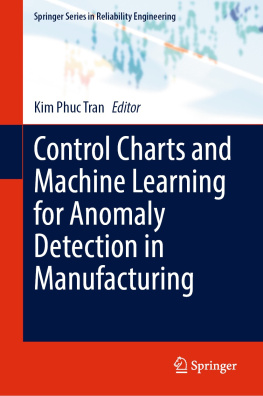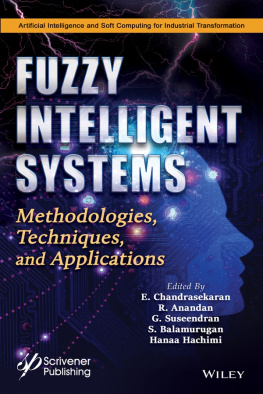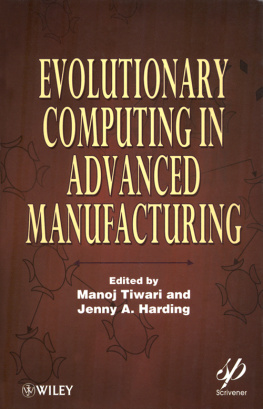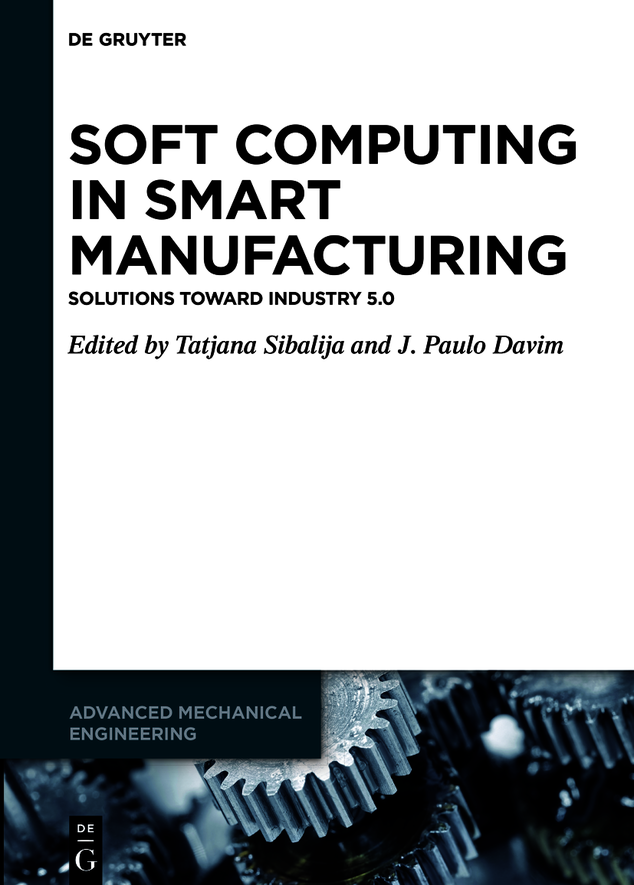Sibalija - Soft Computing in Smart Manufacturing: Solutions toward Industry 5.0 (Issn)
Here you can read online Sibalija - Soft Computing in Smart Manufacturing: Solutions toward Industry 5.0 (Issn) full text of the book (entire story) in english for free. Download pdf and epub, get meaning, cover and reviews about this ebook. year: 2021, publisher: De Gruyter, genre: Home and family. Description of the work, (preface) as well as reviews are available. Best literature library LitArk.com created for fans of good reading and offers a wide selection of genres:
Romance novel
Science fiction
Adventure
Detective
Science
History
Home and family
Prose
Art
Politics
Computer
Non-fiction
Religion
Business
Children
Humor
Choose a favorite category and find really read worthwhile books. Enjoy immersion in the world of imagination, feel the emotions of the characters or learn something new for yourself, make an fascinating discovery.

Soft Computing in Smart Manufacturing: Solutions toward Industry 5.0 (Issn): summary, description and annotation
We offer to read an annotation, description, summary or preface (depends on what the author of the book "Soft Computing in Smart Manufacturing: Solutions toward Industry 5.0 (Issn)" wrote himself). If you haven't found the necessary information about the book — write in the comments, we will try to find it.
This book aims at addressing the challenges of contemporary manufacturing in Industry 4.0 environment and future manufacturing (aka Industry 5.0), by implementing soft computing as one of the major sub-fields of artificial intelligence. It contributes to development and application of the soft computing systems, including links to hardware, software and enterprise systems, in resolving modern manufacturing issues in complex, highly dynamic and globalized industrial circumstances. It embraces heterogeneous complementary aspects, such as control, monitoring and modeling of different manufacturing tasks, including intelligent robotic systems and processes, addressed by various machine learning and fuzzy techniques; modeling and parametric optimization of advanced conventional and non-conventional, eco-friendly manufacturing processes by using machine learning and evolutionary computing techniques; cybersecurity framework for Internet of Things-based systems addressing trustworthiness and resilience in machine-to-machine and human-machine collaboration; static and dynamic digital twins integration and synchronization in a smart factory environment; STEP-NC technology for a smart machine vision system, and integration of Open CNC with Service-Oriented Architecture for STEP-NC monitoring system in a smart manufacturing.
Areas of interest include but are not limited to applications of soft computing to address the following:
- dynamic process/system modeling and simulation,
- dynamic process/system parametric optimization,
- dynamic planning and scheduling,
- smart, predictive maintenance,
- intelligent and autonomous systems,
- improved machine cognition,
- effective digital twins integration,
- human-machine collaboration, robots, and cobots.
Sibalija: author's other books
Who wrote Soft Computing in Smart Manufacturing: Solutions toward Industry 5.0 (Issn)? Find out the surname, the name of the author of the book and a list of all author's works by series.

